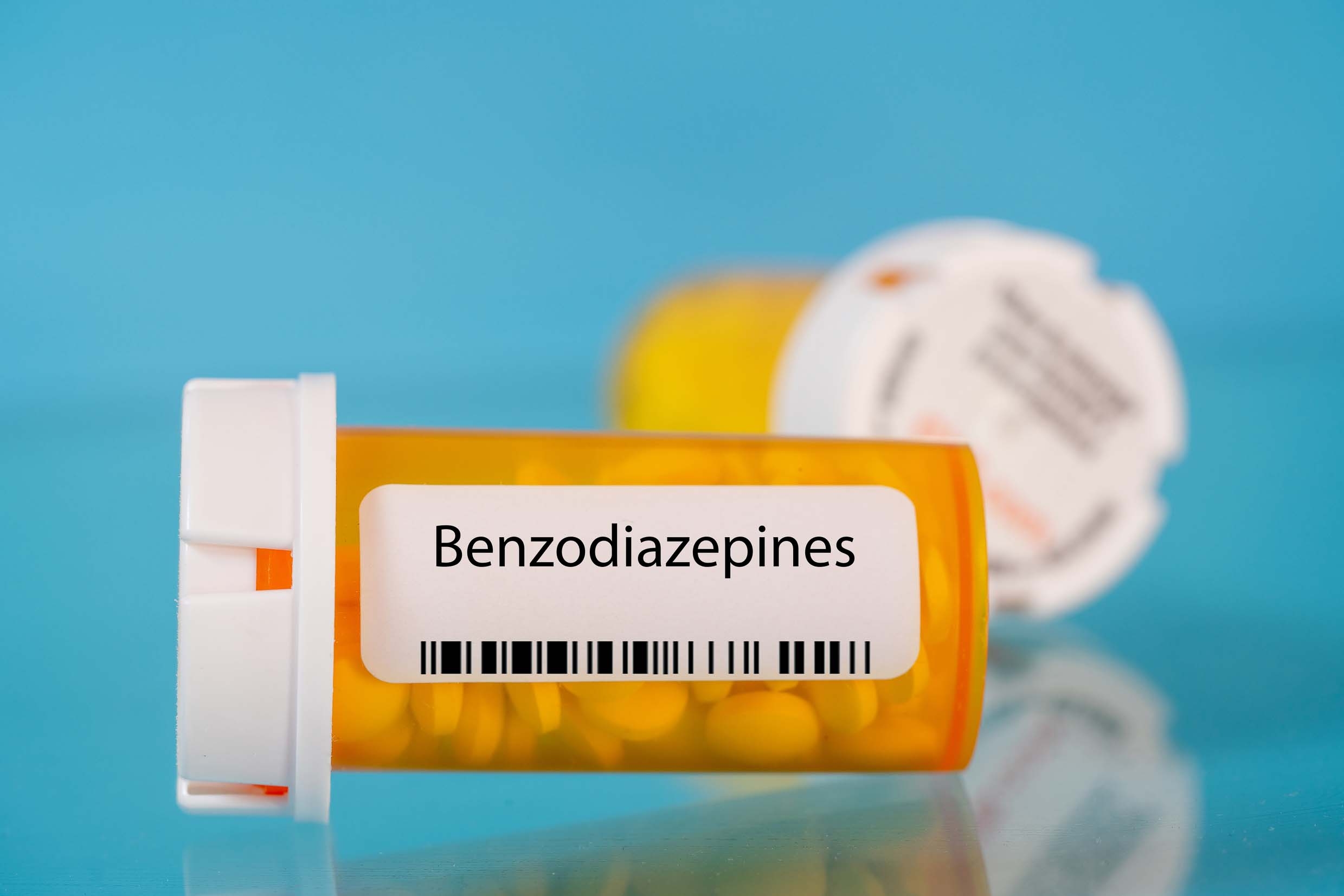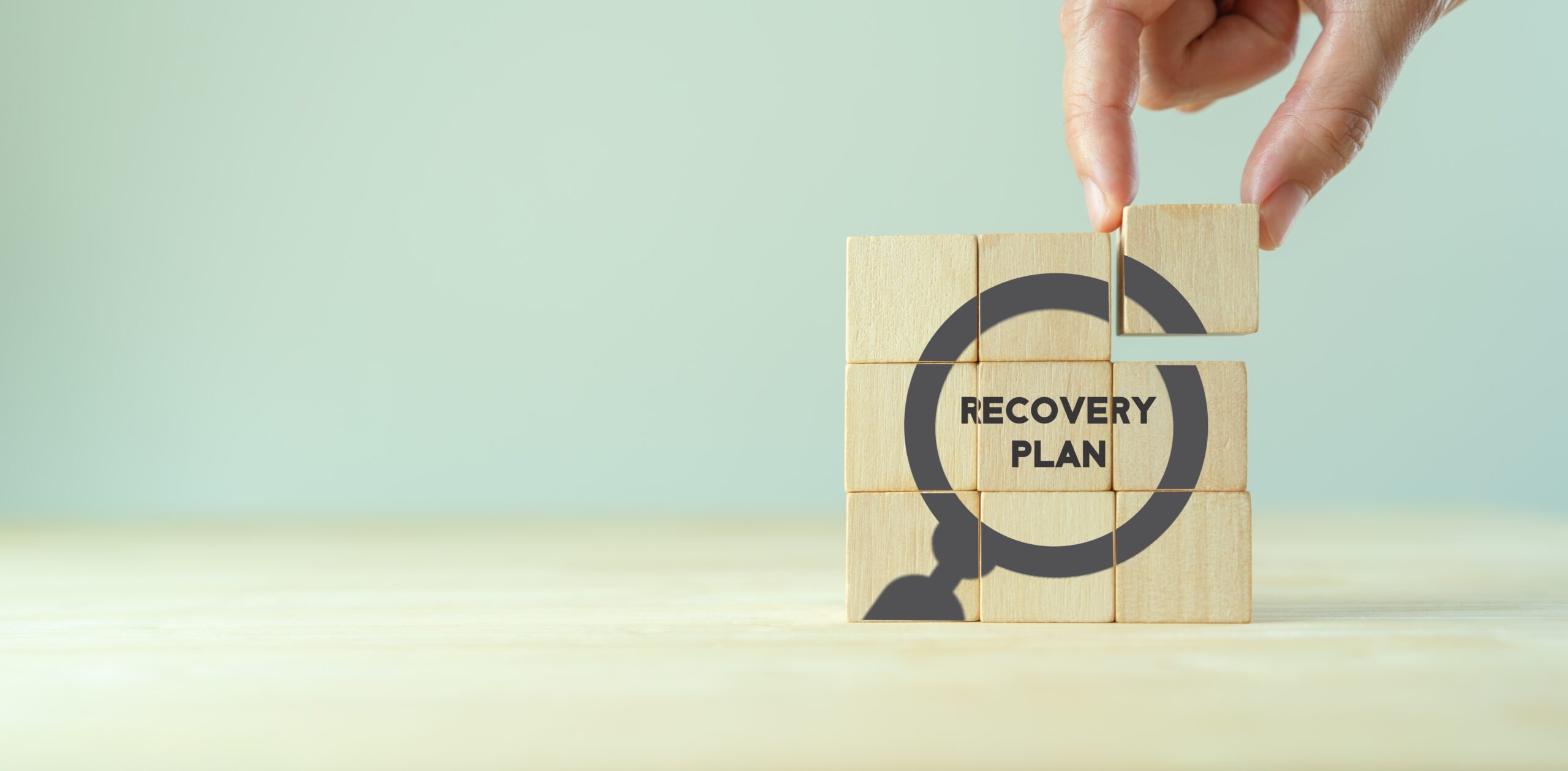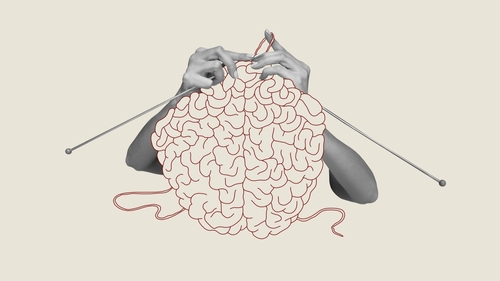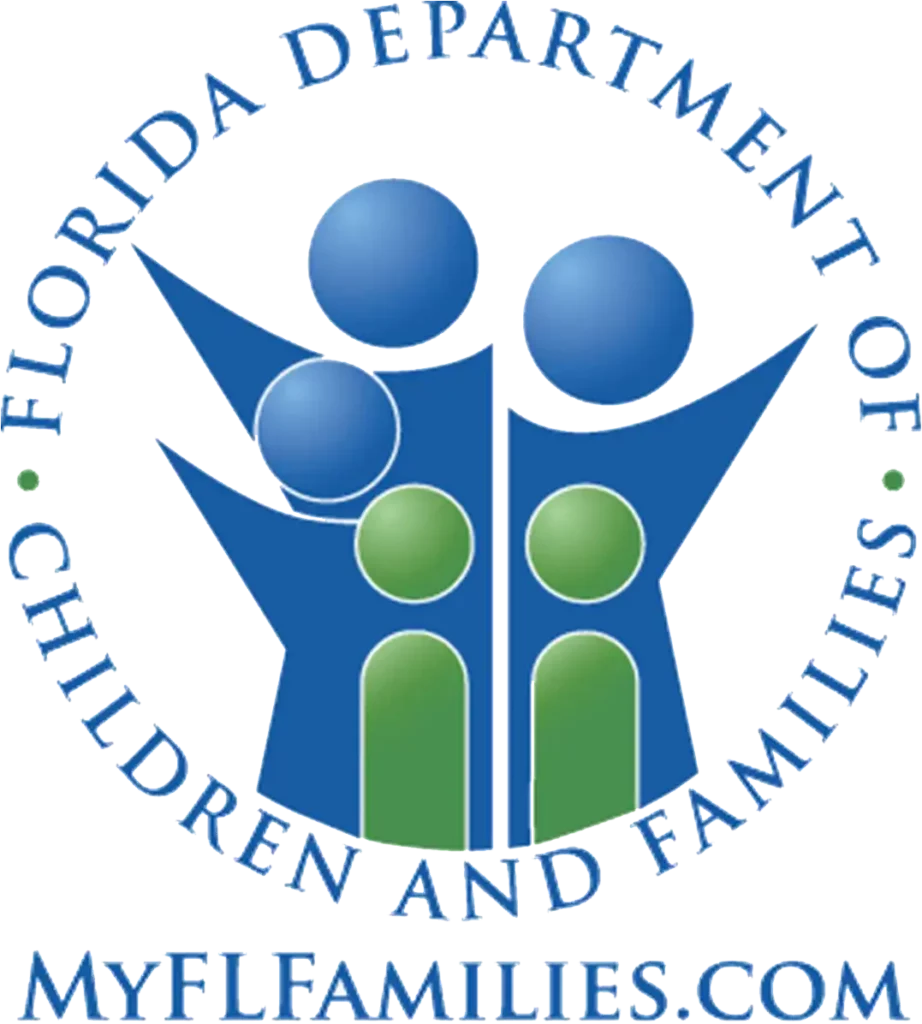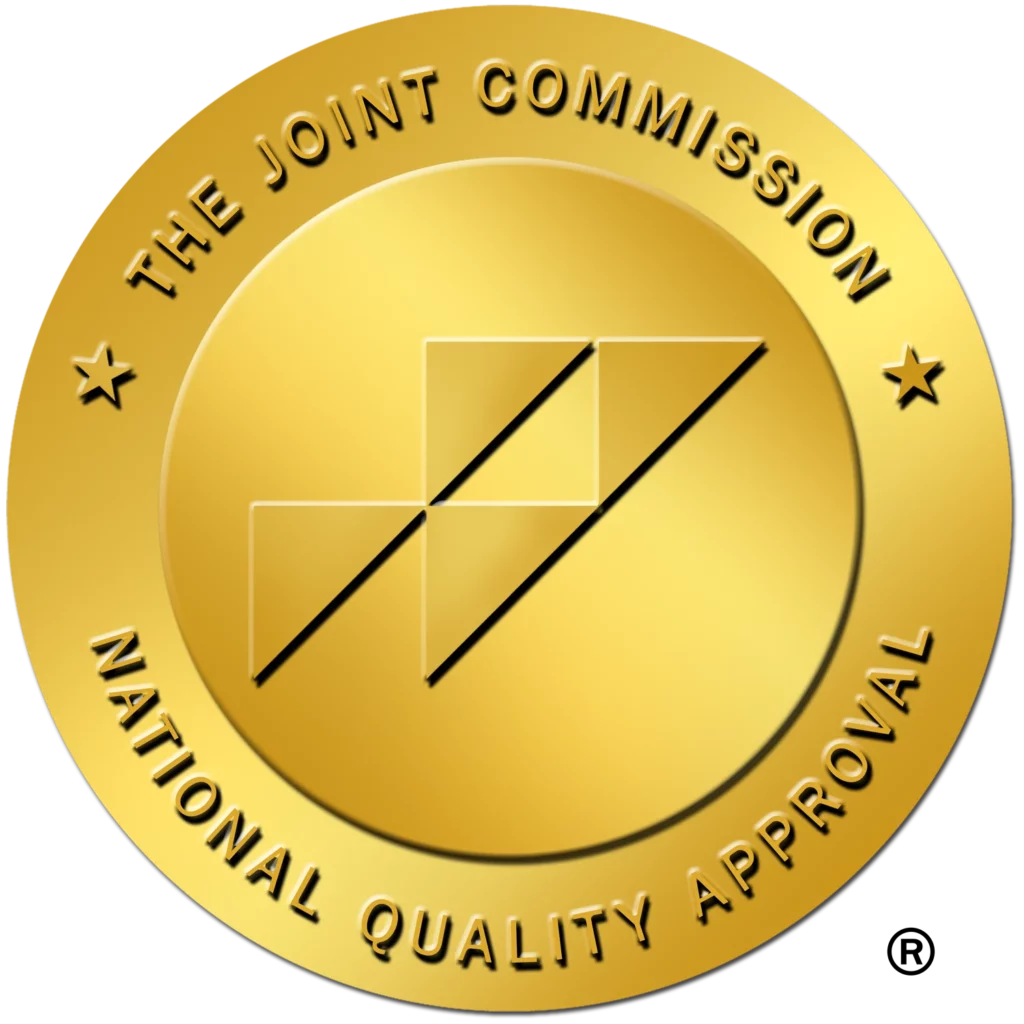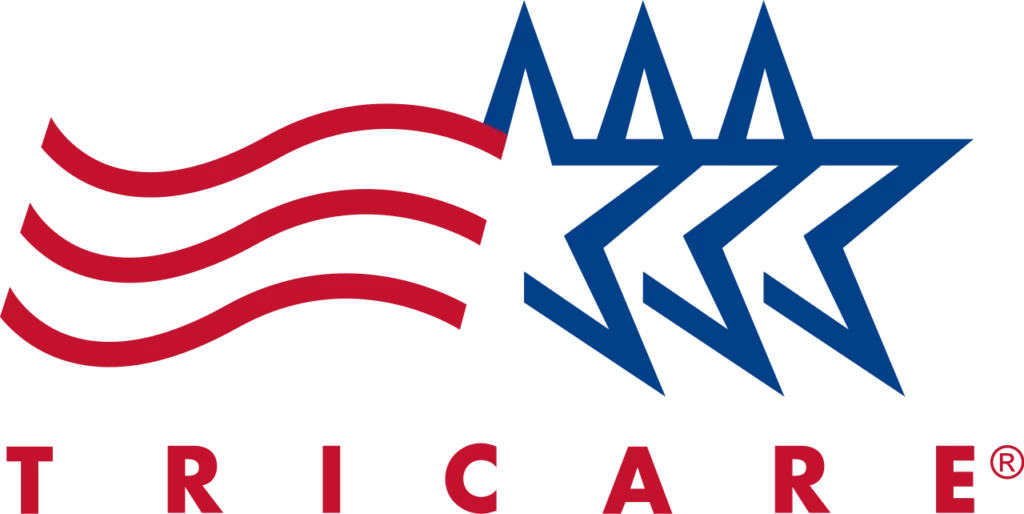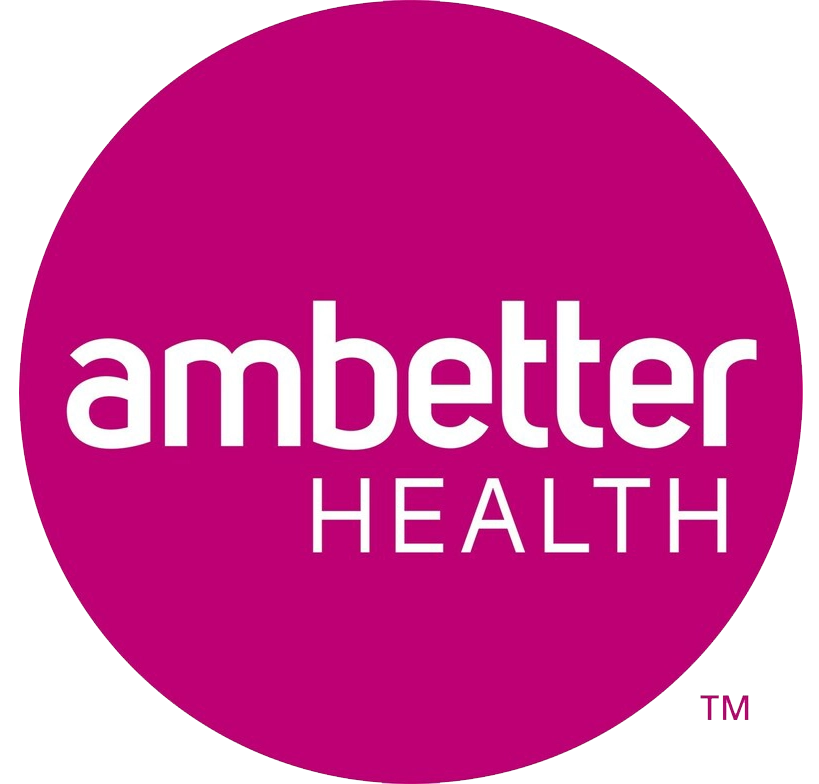Drinking too much? Turning to drugs? 9 ways to get back on track if the coronavirus caused you to relapse
This entry was posted in Addiction News, Addiction Recovery and tagged coronavirus anxiety, coronavirus causing addiction relapse, drinking more coronavirus, using drugs coronavirus on August 17, 2020 by Justin Baksh, MS, LMHC, MCAP, Chief Clinical Officer.

Relapse. Overdose. Drinking among certain groups. It’s all on the rise as we plow through the seemingly never-ending coronavirus pandemic.
Over 40 states have reported increases in 2020 opioid overdose deaths as of August 17, according to the American Medical Association – some at startingly higher rates versus last year. (Harris, et al., 8 C.E.)
Case in point: a July White House analysis found an 11.4% increase in overdoses from January to April versus the same period last year. (Fatal Drug Overdoses Hit a Record High Last Year. Covid-19 Is Making the Problem Worse., 2020)
This news comes on the heels of an increase in the overall overdose rate for 2019, according to preliminary data announced by the Centers for Disease Control and Prevention. Not only did this increase erase 2018’s slight decrease, it sadly marked another record year. If this continues, we could see the biggest increase in fatal overdoses since 2016, according to the New York Times. (Fatal Drug Overdoses Hit a Record High Last Year. Covid-19 Is Making the Problem Worse., 2020)
Alcohol is also a concern. Many people say they are drinking more, a study conducted by nonprofit research institute RTI International reports. (Lukapt, 2020)

Who is drinking more? A wide swath of the American population, apparently.
Women, parents, people of color, adults with mental health conditions and unemployed people all reported that their alcohol consumption increased between February and April.
In another poll conducted in April, about one in seven (16%) of all adults reported drinking more. If the study holds true, the younger you are, the more you are probably drinking: one in five Gen Xers and one in four millennials reported drinking more.(Furnari, 2020)
It’s not too hard to figure out what is driving all of this.
The uncertainty – of what the future holds, how long this will last, what will happen to us – coupled with the resulting stress is causing and exacerbating mental health conditions that lead to addiction.
In June, nearly 37% of Americans reported anxiety or depression symptoms. This is up more than three-fold from 11% during the same time period in 2019. (Kaiser Family Foundation, 2020)
This mental health monsoon has swamped crisis lines across the country. When the pandemic started, for example, calls to the Substance Abuse and Mental Health Services Administration’s Disaster and Distress Helpline soared 891% in March versus a year ago. (Levine, 2020)
The problem is that the crisis is still happening.
More recently, the National Alliance on Mental Illness reported a 65% increase in call volume to its helpline. It is receiving over 200 calls per day, according to an August 8 USA Today story. The most frequent request? Anxiety support.(Aspegren, 2020)
“It’s hard to be mentally well right now,” – Beverley Wohlert, CEO of Phoenix’s National Council on Alcoholism and Abuse in an interview with Wired.com (Harrison, 2020)
In addition to driving relapse, these indicators could point to another alarming trend – new people becoming addicted to drugs or alcohol in order to cope with the uncertainty, stress, isolation and economic troubles of COVID-19.
A new generation of addiction struggles?
“I think that the shelter-in-place aspect of COVID-19 has had devastating, long-term effects—effects that we possibly haven’t seen the results of yet… When things get back to some sense of—for lack of a better term—normalcy, I think that we’ll find that people will emerge with issues that are not easily shaken.” – Kurtis Taylor, Executive Director, The Alcohol and Drug Council of North Carolina, as quoted by INDY (King, 2020)
If there are more anxiety, more overdoses and people drinking more, it wouldn’t be too far of a leap to say that issues arising from COVID are leading to new addictions.
After all, the same stressors that drive people to relapse are also the ones that cause it to start.
Most addiction can be traced to trauma, an underlying mental illness, or both. Using drugs or alcohol can be a way to numb emotional pain.
Regardless of the past or current mental issues, there’s always that first drink or hit – and the first few days or weeks of use. It’s a window of opportunity for an addiction to take hold.The chance of becoming addicted to opioids, for example, increases sharply after just five days.
And the coronavirus? With extra time, less to do and all the virus’s attendant stresses, we now have the perfect storm for addiction to start.
For those that are in recovery, there is also ample opportunity to relapse.
“’Folks that suffer from addiction, they need structure. Idle time is an enemy to them. They need to be busy and they need to be accountable, and when you pull some of those things away from them, it could get them into trouble.’” – Major Todd Shear, Manatee County Sheriff’s Office, as quoted by Fox13News.com (Hawley, 2020)
It’s not just idle time, it’s the uncertainty and, in some cases, the unemployment.
Research has found strong links between recessions, drug use and overdoses.
Of course, the coronavirus allows old traumas to resurface while adding fresh trauma to the mix.
“’People began re-experiencing their trauma, having memories pop back up that they hadn’t had in a long time – even people who had successfully dealt with a lot of trauma.’” – Suzanne Brown, addiction specialist, as quoted by INDY Week (King, 2020)
Time is of the essence
Whether it’s first-time use or relapse, every day matters when it comes to stopping… particularly when it comes to drugs.
No one truly knows what they’re getting with street drugs. Fentanyl has found its way into heroin, meth (monster meth), cocaine and even marijuana, meaning users are rolling the dice every time they indulge.
Why is fentanyl everywhere?
Simple, it’s economics.
Including fentanyl in the cut makes drugs cheaper, giving dealers a higher profit. It also hooks more people, more quickly.
“‘Even though you don’t know that it’s the opioid, you’ll crave the drug that you had that sensation with and therefore seek the same dealer,'” – Nora Volkow, MD, director of the National Institute on Drug Abuse, as quoted by MedPageToday(Firth, 2018)
Vokow also states that there has been a significant increase in cocaine and methamphetamine overdoses because they have “presumably” been laced with fentanyl.
Alcohol can also have deadly consequences. From car accidents to the development of cirrhosis, you can actually drink yourself to death. It’s may not be the same as someone using fentanyl, but it’s still urgent to get drinking under control.
How to get on the road to addiction recovery
Isolation. Loss of routine. Uncertainty about the future. A job loss. Financial stress. Not knowing what’s going to happen next. All of these are addiction and relapse triggers.
As early as March 30, it was reported that relapses were on the rise. Now, in August, we are feeling the fallout. And folks are still relapsing.
When people first fall back into addiction, they typically aren’t immediately ready to go back to sobriety. The problem

is, though, that addiction can take on a life of its own. Before you know it, you’re back where you used to be in active addiction, with weeks, months, even years unaccounted for.
It’s easy to fall back on what is familiar. Although it may appear to a ready escape, the drugs and alcohol wind up controlling you.
If you are finding yourself there after everything we’ve been through with coronavirus, here are nine ways you can start walking out of the darkness of addiction:
- Re-establish your routine – This is something you can do immediately. As much as possible, get back into a pre-coronavirus routine. Lost your job? Use your former working hours to look for new work. Stopped going to the gym? Start again now. Or, if your gym is closed, work out at home or go for a jog. Staying up all night? Start going to bed on time again, even if you have to gradually work up to it. Routines are like guardrails that keep us from driving off a cliff.
- Go to a meeting – If you were going to a 12-step program such asAlcoholics Anonymous, Narcotics Anonymous or Celebrate Recovery before, it’s time to go back. The support can help you get and stay sober. If you are new to addiction, these resources can be invaluable. In most places in the United States, you’ll find a meeting within driving (or public transportation) distance. Check the websites of each organization for meeting dates and times.
- Call your sponsor, or get one – Once again, those who’ve been to 12-step programs have most likely had a sponsor in the past. If you’ve been out of touch for a while, it’s time to reach out again. For those who haven’t been in that world before, when you go to the meetings, look for someone you feel comfortable with to confide in. It’s possible they could become your sponsor – someone to call when you need talking off the ledge of drug or alcohol use.
- Reach out for support from friends and family – Those who care most about you can provide some much-needed support as well. It can be about emotional support more than financial. However, if you decide to get treatment (see the next step) and you don’t have insurance or resources to get it, it may be something to discuss with your family or friends who might be willing to help.
- Go to treatment – Ultimately, when it’s time to come off the drugs or alcohol, it’s highly recommended you do so under medical supervision. Detoxification is important, not only for your comfort, but because some substances – like alcohol and benzodiazeprines – can be dangerous, even life-threatening, to withdraw from. Opioid withdrawal is also extremely uncomfortable – so much so that users will often relapse and/or continue using, just to avoid being dope sick. After detox, it’s important to seek addiction treatment to get to the bottom of why the addiction started or why you relapsed and that you make fundamental changes so that your recovery sticks.
- Move into a sober home – It’s easier to make sobriety or being clean a central part of your life when you have reinforcements around you. Being surrounded by peers who have the same concerns and goals that you do will help you to maintain and grow in your sobriety. You may even emerge with lifelong friendships. As your treatment winds down, living in a sober home can help keep you on the right track.
- Look for financial help –If you need financial help for treatment or to get started in a sober home, seek out alternative avenues. Beyond family and friends there are other options. State-run treatment centers, if available, can be no- or low-cost. Private treatment centers also offer other options besides insurance, such as payment plans, sliding scale fees and more. Don’t stay silent – every single one of us can face financial difficulties from time to time. It’s nothing to be ashamed or embarrassed about. If financial trouble is causing your addiction or relapse, you may need to fix the addiction first. It can stand in the way of you getting back on your feet. Get your drug or alcohol use problem handled, and then you’ll be able to fix your financial situation, step-by-step. Thousands have already done so; you can do it as well. There are food pantries, church outreaches, and other sources to help you in the meantime.
- Continue outpatient treatment –Completing detox and a 30-day partial hospitalization stint may not be enough. That’s why intensive outpatient and outpatient treatment are good options to consider. Intensive outpatient normally starts at five days a week, three hours a day, and then steps down into three days a week. Also, at only one to three hours a week, outpatient counseling is well worth it. Check first with your addiction treatment center to see if they offer this option. Even when the final effects of this pandemic subside, new stressors will invariably arise. Maintaining that connection to a qualified addiction treatment counselor is a cost-effective way to ensure your sobriety lasts for the long haul.
- Look “outside the normal” for employment –Once you do have your addiction under control (or, if you’re looking to prevent a relapse), you can address other areas of your life. One of the first things to tackle is securing an an income. Unfortunately, many people have lost their jobs due to the coronavirus. It has hurt our hotels, restaurants and retail stores. At the same time, delivery drivers or warehouse worker jobs have opened up. Expand your horizons if you’re looking for employment. It’s okay to take something just for now. Once we get back to “normal,” you can always look for a new position.
Addiction is a whole-life disease. You need to take the first steps to get clean, get appropriate treatment and rebuild your life from the ground up. Both addiction and sobriety touch all of your relationships, your work, your home life… everything you do. A new lifestyle that supports being clean and sober – coronavirus or not – is the best prevention against relapse. And, when you do go through stressful times, seeking outside help can get you back on the right path.
RELATED: The truth behind addiction statistics
What an addiction counselor wishes you knew
Recovered alcoholic and drug addict shares his story
Sources
Aspegren, E. (2020, August 10). “Feels like the world is against you”: Young people struggle with finding mental health support amid COVID pandemic. USA Today. usatoday.com.
Fatal drug overdoses hit a record high last year. Covid-19 is making the problem worse. (2020, July 17). Advisory Board. advisory.com.
Firth, S. (2018, July 17). Growing Array of Street Drugs Now Laced with Fentanyl. medpagetoday.com.
Furnari, C. (2020, April 30). Are Americans Drinking Their Way Through The Coronavirus Pandemic? Forbes. www.forbes.com.
Harris, P., Taylor, S., & Reznikoff, C. (8 C.E.). Issue brief: Reports of increases in opioid- related overdose and other concerns during COVID pandemic. American Medical Association. www.ama-assn.org.
Harrison, S. (2020, July 24). Rehab Centers Struggle as Covid-19 Drives Up Costs. Wired. www.wired.com.
Hawley, C. (2020, July 7). Manatee County reports 44% increase in opioid overdoses since last year. FOX 13 News. www.fox13news.com.
Levine, M. (2020, April 7). Calls to US helpline jump 891%, as White House is warned of mental health crisis. ABC News. abcnews.go.com.
Lukpat, A. (2020, July 20). Alcohol during the pandemic: Study breaks down who is drinking more, and how much. The Seattle Times.seattletimes.com.
Kaiser Family Foundation. (2020, July 10). Mental Health and Substance Use State Fact Sheets. KFF. www.kff.org.
King, M. (2020, July 15). Will the Coronavirus Create a New Generation of Addicts? INDY Week. indyweek.com.

